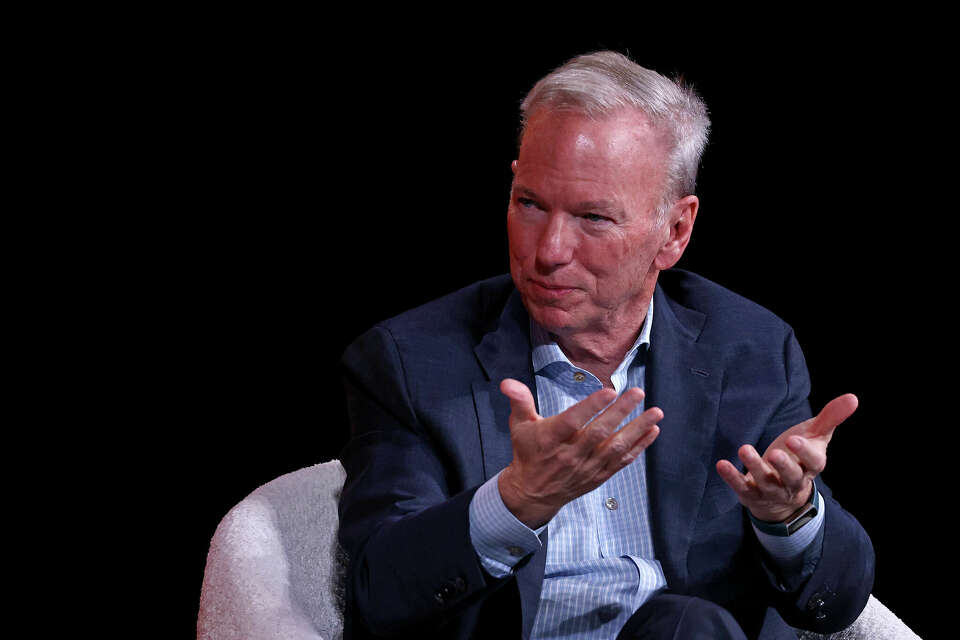
In a recent lecture at Stanford University, Eric Schmidt, the former CEO of Google, voiced strong criticisms regarding the tech giant’s remote work policy. Schmidt, who led Google from 2001 to 2011 and continued to serve as the company’s executive chairman and technical advisor until 2020, believes that Google’s current work-from-home approach is undermining its ability to compete effectively in the artificial intelligence sector.
During his talk, which has been made available on Stanford Online’s YouTube channel, Schmidt highlighted a significant concern: Google is falling behind rivals like OpenAI and Anthropic in the AI race. Schmidt attributed this lag to Google’s remote work policy, which he argues prioritizes work-life balance over aggressive competition. "Google decided that work-life balance and going home early and working from home was more important than winning," Schmidt remarked. He further emphasized that the startup culture, which often involves intense work hours and close-knit team environments, is key to driving innovation and success.
Schmidt's comments underscore a broader debate about remote work and its impact on productivity and competitiveness. He asserted that if students from Stanford or other young entrepreneurs were to start their own companies, they would not embrace a work-from-home model if they aimed to outperform established competitors. This perspective reflects a belief that high-pressure, in-office environments are crucial for fostering the kind of creativity and rapid development needed in the fast-paced AI industry.
In response to the growing concern about remote work, JPMorgan CEO Jamie Dimon has also been vocal about the drawbacks of such arrangements. Dimon has argued that remote work is less effective for younger employees in apprenticeships, creative processes, and management teams. His comments, made during an interview with The Economist, highlight a consensus among some business leaders that in-person collaboration is essential for fostering creativity and spontaneous problem-solving.
It is worth noting that Google has already begun adjusting its remote work policies. Since 2022, the company has shifted towards a hybrid model, where employees are expected to spend approximately three days a week in the office and the remaining two days working from wherever they choose. Google’s approach includes tracking office attendance and incorporating it into performance reviews, reflecting an ongoing effort to balance remote work with the benefits of in-person collaboration.
Google's Chief People Officer, Fiona Cicconi, has also addressed the importance of physical presence, stating in an internal email that while not everyone values "magical hallway conversations," there is undeniable value in working together in the same room. This aligns with Schmidt’s critique and highlights a broader trend among tech companies to reevaluate remote work policies in light of their impact on productivity and innovation.
Overall, Schmidt's remarks are a pointed critique of Google’s remote work strategy and a broader commentary on the need for in-office collaboration to drive competitive advantage in the tech industry. As companies like Google navigate the evolving landscape of work, the debate over remote versus in-office work continues to be a significant factor in shaping their strategies and success.


0 Comments